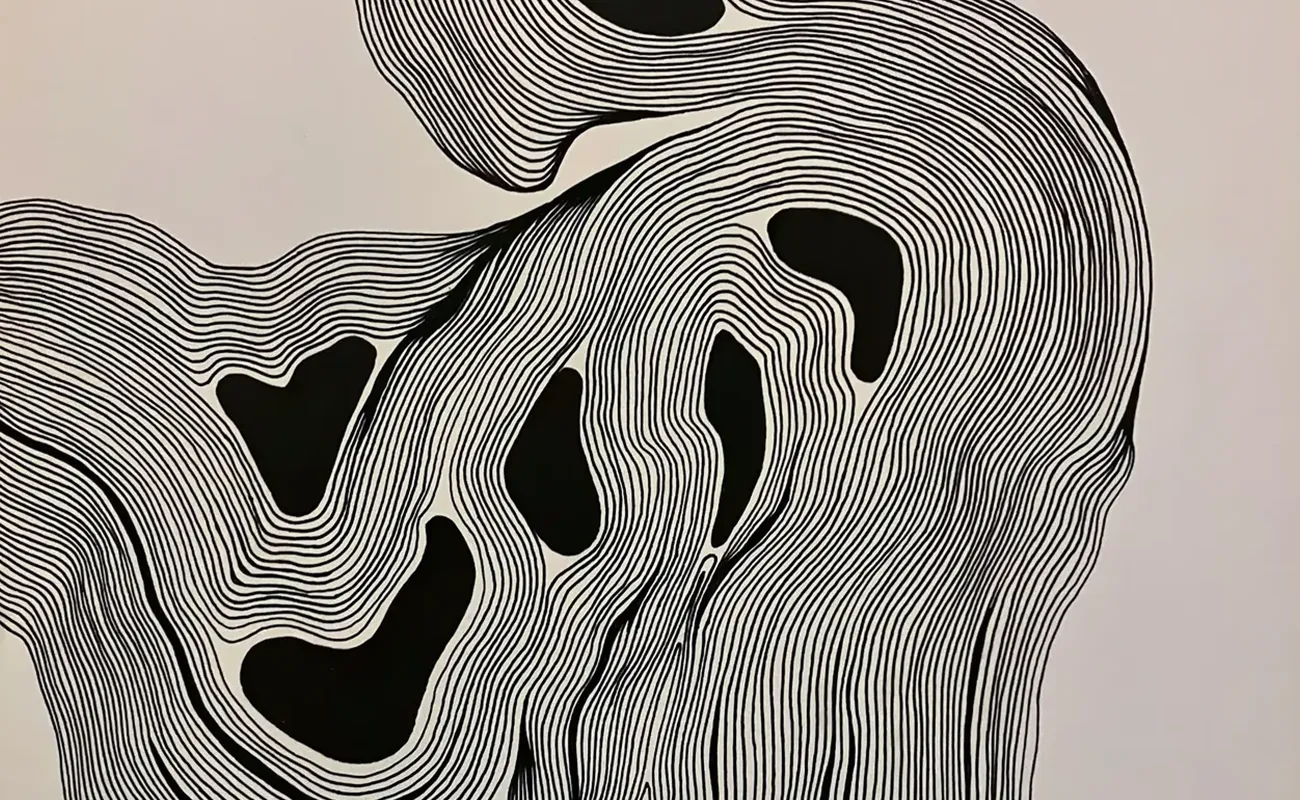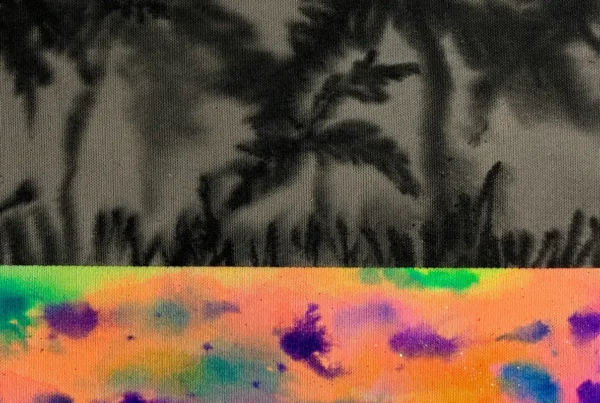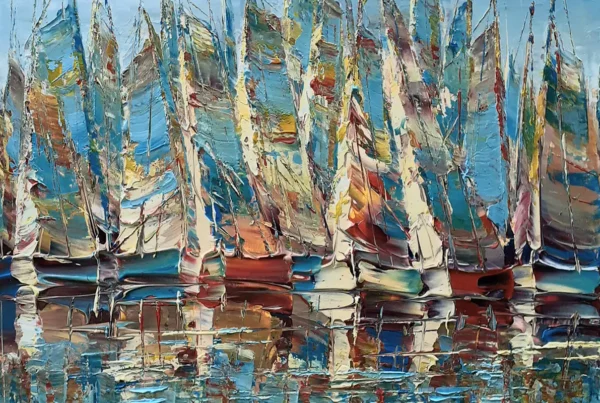Mind Fluids: Capturing the Invisible Currents of Thought and Nature
Mind Fluids, an artist whose work transcends conventional boundaries, engages deeply with the interplay between the natural world and the human psyche. His art captures the elusive currents of thought and emotion, drawing inspiration from the fluidity of natural forms—air currents, water streams, and the textures found in organic materials. These elements, which may seem mundane at first glance, are imbued with a meditative quality that mirrors the subtle rhythms of the human mind and spirit. Through his unique style, Mind Fluids seeks to make visible the invisible, portraying the interconnectedness of all things.
The artist’s fascination with “mind fluids”—a term he uses to describe the intangible flow of thoughts, emotions, and energy—forms the backbone of his creative process. This concept is reflected in the undulating lines and intricate textures that characterize his work. These elements are not mere decorations; they embody the movement of the mind and spirit, blurring the boundaries between the physical and the ethereal. The textures in his pieces, which evoke natural forms like tree bark or human skin, serve as a bridge between the tangible and the intangible, inviting viewers to explore the deeper currents that shape our existence.

Mind Fluids: The Power of Monochrome and Duotone
Mind Fluids’ artistic approach is also defined by his deliberate use of monochromatic and duotone palettes, a choice that emphasizes the essence of form and texture over the distractions of color. By limiting his color range, he encourages viewers to focus on the intricacies of his patterns and lines, creating a serene and introspective experience. This subdued palette plays a crucial role in how his work is perceived, stripping away the noise of vibrant colors to reveal the meditative quality of the compositions.
The artist believes that color, while beautiful, can often overshadow the more subtle elements of a piece. By working within a limited palette, he directs attention to the complexities and unity of the shapes, inviting a deeper engagement with the work. The resulting calm and introspective atmosphere allows viewers to lose themselves in the fluid forms, exploring the interconnectedness of nature and the mind. Through this method, Mind Fluids achieves a balance between spontaneity and control, where the fluidity of automatism meets the precision of deliberate composition.
The duality in his technique, where unconscious impulses guide the creation yet are tempered by meticulous attention to detail, reflects the dynamic tension inherent in his work. This balance between spontaneity and control is akin to a dance, where the free flow of lines is gently guided to create a harmonious whole. It is this interplay that allows his work to resonate with viewers on a deeper level, offering a sense of tranquility amidst the chaos of modern life.

Mapping the Inner Landscapes
Many interpret Mind Fluids’ work as a topographical exploration of the mind, charting the inner landscapes of thought and emotion. This interpretation is closely aligned with the artist’s intention, as the recurring motifs in his work—such as undulating lines and organic textures—suggest a mapping of the inner self. These forms are not just representations of natural elements; they embody the rhythms of life itself, from the ebb and flow of tides to the rhythm of breath and the flow of blood through veins.
This organic abstraction allows each viewer to project their own emotions and interpretations onto the work, creating a personal connection to the piece. The lines and forms suggest movement beyond the physical boundaries of the canvas, implying an infinite continuation that connects all living things. This sense of infinity gives the work a timeless quality, allowing it to resonate with viewers across different contexts and moments in time.
Mind Fluids’ approach to positive and negative space further enhances this sense of movement and tension. The contrast between solid areas of color and intricate line work creates a dynamic push and pull effect, much like the natural rhythms that inspire his art. This interplay reminds viewers of the interconnectedness of presence and absence, movement and stillness, and the natural and the subconscious. Through this, the artist achieves a delicate balance that invites continuous exploration.

Mind Fluids: Bridging the Organic and the Modern Psyche
In an age dominated by digitalization and artificiality, Mind Fluids’ work stands as a return to the tactile and the sensuous. His art reconnects viewers with the organic world, offering a respite from the fast-paced, screen-dominated environment that defines contemporary life. By exploring the complexities of the modern psyche through natural forms, he invites viewers to pause and contemplate, fostering a renewed sense of connection to both nature and the inner self.
Mind Fluids positions his work within the broader context of contemporary abstraction as a bridge between the organic and the modern. His fluid, organic forms offer a counterpoint to the rigid structures and artificiality that pervade today’s world. By engaging with these forms, viewers are encouraged to reconnect with the natural world, finding a sense of calm and introspection amidst the chaos of modernity. This engagement is not just a visual experience, but an emotional and psychological journey that deepens the viewer’s connection to the world around them.
Ultimately, Mind Fluids hopes that his work will evoke a feeling of unity with nature and a deeper understanding of the interconnectedness of all things. His art is not just a representation of natural forms, but an invitation to explore the deeper currents that run through both the natural world and the human psyche. Through his unique blend of spontaneity and control, organic abstraction and meticulous composition, Mind Fluids creates a body of work that transcends the physical, offering viewers a glimpse into the infinite patterns that connect us all.






